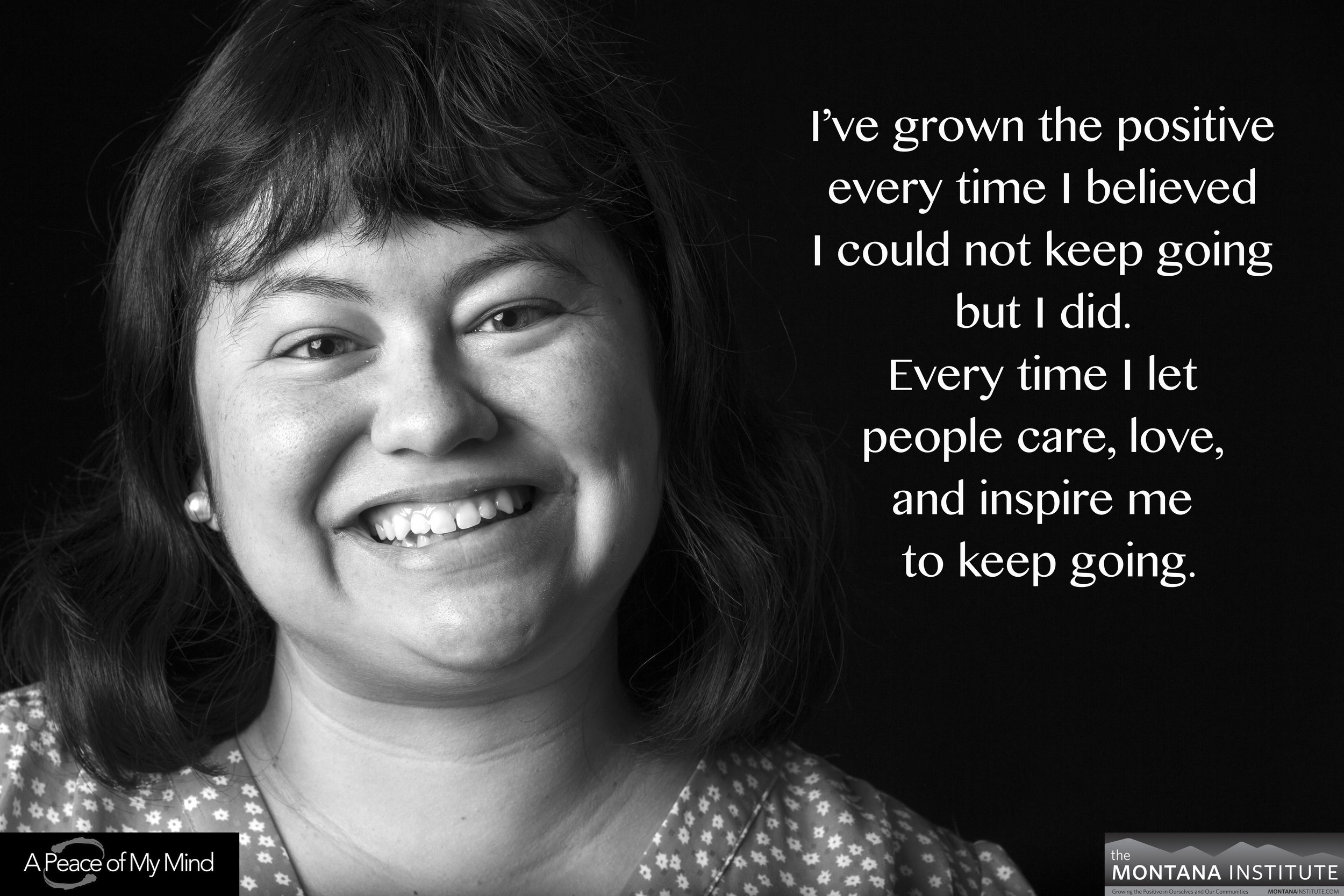Positive Childhood Experiences: Protective Factor for Adult Mental Health?
/The Montana Institute (TMI) has been a key part of groundbreaking new research indicating that positive childhood experiences may not only decrease the risk of depression or other mental health issues later in life, but may also counteract the detrimental mental health effects of negative or traumatic childhood experiences. You can read the study, “Positive Childhood Experiences and Adult Mental and Relational Health in a Statewide Sample: Associations Across Adverse Childhood Experiences Levels,” online at the JAMA (Journal of the American Medical Association) Pediatrics website.
For the past two decades, The Montana Institute has been a thought leader in the fields of resiliency and positive health promotion through its development of the Science of the Positive framework, which focuses on growing ‘The Positive’ in ourselves, our families, communities and cultures. This latest research is part of “a revolution in thinking about child development,” which has historically focused on the negative impact of childhood trauma, according to Dr. Robert Sege, a Pediatrician and Researcher at Floating Hospital for Children at Tufts Medical Center, Senior Author of the study, and a longtime TMI colleague and contributor. TMI’s Director Dr. Jeff Linkenbach, also an author of the study, emphasizes that, “while healing from trauma and adversity is critical, a focus on prevention of adverse experiences and promotion of positive ones is also needed. This research found convincing evidence that the beneficial impacts of positive childhood experiences dramatically reduce the long-term effects of childhood trauma on adult mental health.”
More than 6,000 adults in Wisconsin completed a 2015 population survey that included questions about their mental health as an adult, and asked them to recount memorable positive childhood experiences, such as supportive family interactions, caring relationships with friends and connections in the community. The results were striking: Those who reported six or seven positive childhood experiences were 72 percent less likely to have depression or other mental health issues as an adult than those who recalled only two or fewer positive childhood experiences. Even those who reported between three and five positive childhood experiences saw their risk of mental health issues as an adult cut in half. The statistics remained consistent even when respondents recalled multiple negative childhood experiences.
This research shows that positive childhood experiences have an extremely powerful impact on the likelihood of having healthy adult relationships and maintaining sound mental health later in life. This research is an outgrowth of a bell-weather paper published by these and other authors about H.O.P.E. (Health Outcomes from Positive Experiences). (You can download the HOPE article on our Resources page.) Momentum for positive approaches is growing across North America to grow; our hope is that it will eventually lead to national initiatives to cultivate and promote positive childhood experiences in concert with existing efforts to reduce childhood trauma and other adverse childhood experiences.
H.O.P.E research has been an important part of our Montana Summer Institute, held annually in Big Sky. Pre-registration is now open for the June 22-25, 2020 event.




